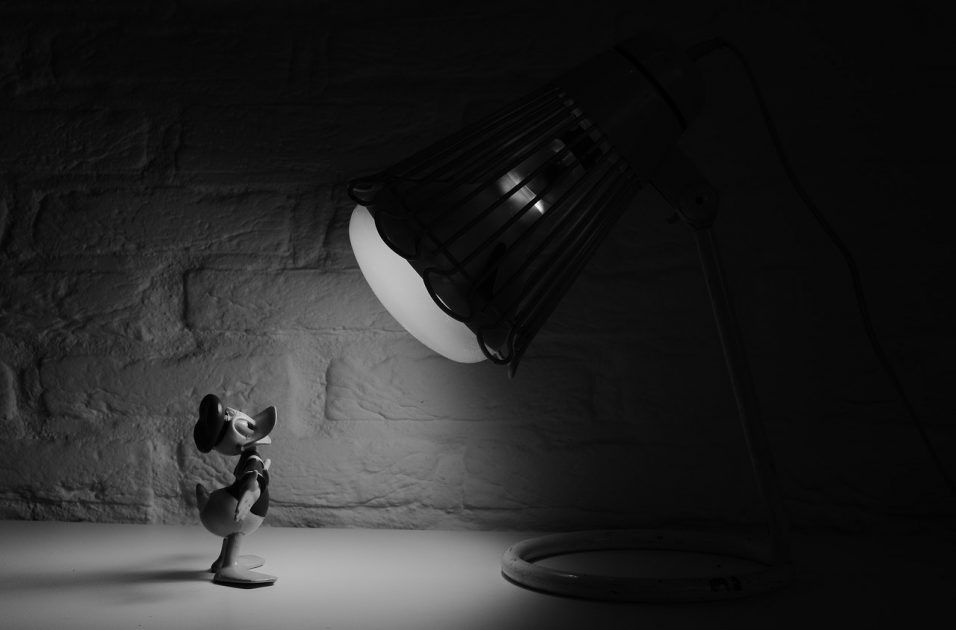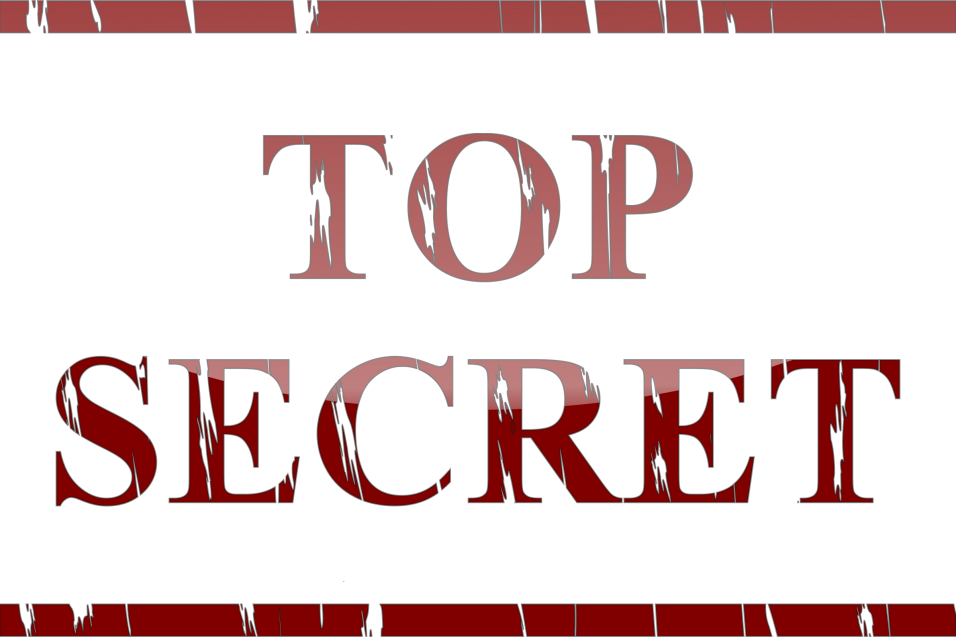Watch the Pop (Culture)

One of the toughest things to attain in any story, but especially in a speculative story, is verisimilitude, that sense your reader gets that the universe they’re reading about actually exists. When your story is set in the real world and in contemporary times this is a little easier, of course, but no matter when your story is set if it’s supposed to be in this universe you’re going to run into the Pop Culture Problems.
Pop Culture Problem One: The Times They Are A’Changin’
Smart phones didn’t really become a thing until 2008, 2009. Before the first iPhone, people had cell phones and they were boring, and mainly used as, well, phones. Any story set before the arrival of the iPhone might as well have been written in a different century when it comes to how people live and how they communicate, and if you wrote such a story I’m sorry to tell you you’re boned. The only solution to this is to make all of your stories speculative in the sense that they’re set in an alternative universe that follows a technological history devised by you alone, and good luck managing to convey that to your readers.
Pop Culture Problem Two: Your Main Character, The Weirdo
When I was a youngster my parents allowed my brother and I to get a goldfish, because she hoped it would distract us from our burning desire for a dog or cat. We named our goldfish Topper. Any idea why?
If you answered yes, congrats, you have a knowledge of and possibly affection for 1930s screwball comedy films or 1950s TV series. Topper was a 1926 novel adapted into a 1937 film starring Cary Grant, and spawned sequels and a TV show. My brother and I watched the reruns as kids and there was a brief period of Toppermania in our house. What can I say: In the novel of life, I am the weirdo.
Would you ever use Topper as a cultural signpost? Probably not. Yet in many speculative novels we’re expected to believe that the main characters are super into the pop culture of the 20th or 21st centuries so the author can use those cultural signposts despite telling a story set in, oh, the year 3147. Having your SFF characters super into things like Seinfeld in the year 3147 is like having someone be super into Topper in 2017. It will never feel real.
Related: Pop Culture Problem Three: Look on My Works
Of course, all pop culture references should be avoided for the simple reason that they age like old paint: Badly. Having your characters Dab might feel cheeky in 2017 (or, more accurately, might have felt cheeky in 2016). In 2027 it will feel … silly. Or mysterious, if your potential readers are young’uns.
Now if you’ll excuse me, I have to figure out a way to get a reference to fidget spinners into this scene I’m working on, so I’ll seem cool.









